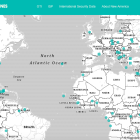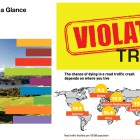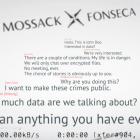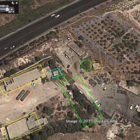Data Journalism
The Research Desk: Drones, Cool Tools, Green Companies
|
The latest tools and resources from the Research Desk: new world of drones databases available, reports from the European Parliament Research Service, Top Green Companies in the World 2015, a handy free extension to download entire pages or individual files, and more.









